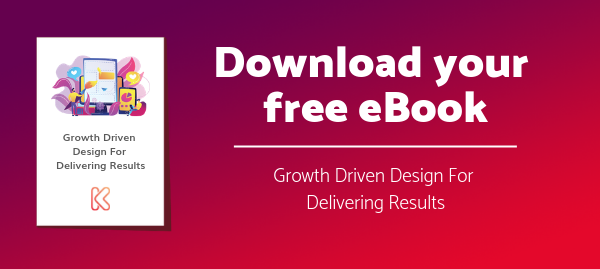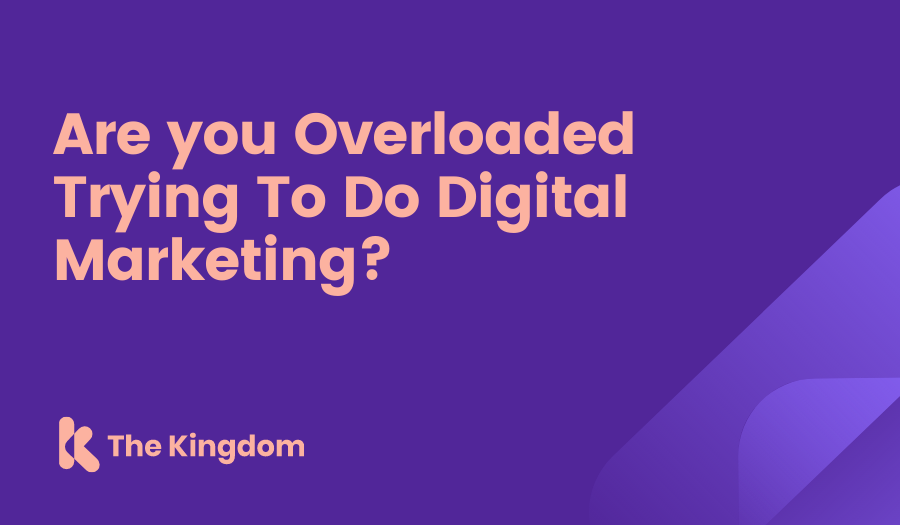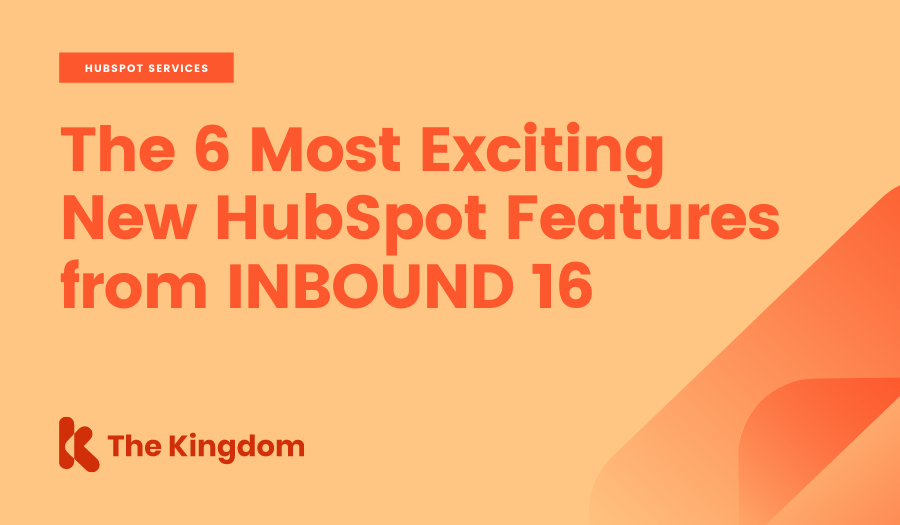"I'm B2B, so Facebook won't work for my business."
"Our customers are not on Twitter; we are B2B."
"That will work better for B2C, not us as B2B."
"We want our website to have a picture of our awards on the front page because it sells more."
"We don't use Google Plus because nobody is on it."
We hear this all the time.
They are assumptions.
When talking about social media and marketing, assumptions are very common as there is no rule book like that, that a lawyer or accountant can refer to.
Marketing assumpitions are often an act of defensiveness protecting the decision to go with a "the way it has always been" marketing plan.
But these types of assumptions have the capacity to destroy your business.
They are assumptions that are not based on fact, and are devoid of knowledge.
They become more and more apparent each day as the tech revolution continues to evolve and spread its reach across the world at a ridiculously fast rate.
You may find yourself making assumptions because you know your market. Keep in mind that just because you know your market does not mean that you know marketing.
Marketing is as fast-paced as the tech game because it is a technology-invaded segment. Marketing has been completely taken over by Information Technology.
Assumption marketing is particularly destructive in website development.
Assumptions are dangerous in website building. The Internet evolves quickly, but often a company will enter and exit a website development market every couple of years.
Some of these thoughts may be familiar.
- We build our website every five years
- We build a website this way because we always have.
- We take the old website and make it a bit better, but we are not sure if the old website ever worked.
Most people don't really know if their website works.
Do you? Are you bold enough to admit it? Are you trying to justify your past decisions? Assumption marketing can make you delusional. So what are your remedies?
1) Work off the facts, not the emotions.
In our Facebook example, just because you use Facebook socially doesn't mean that you know how to use the Ads Manager, build an audience using the Power Editor or track conversions using Pixel Tracking.
All of these tools are super powerful for anybody trying to sell anything, to anybody.
It could be planes, plains or plans, anything on the planet can be sold by Facebook...
(I bet you are starting now to make assumptions as to why you think that's not right about your Mars Super Rocket.)
Facebook provides a remarkable market targeting tool. Before you say "my customers are not on Facebook", check and get the exact answer.
Try uploading your email list to the Audience Manager and get the full story. You can see exactly who's using this channel. The 1.5 billion users come from somewhere.
Chances are 50% of your customers are on Facebook.
2) Have an open mind to what is new.
There is a disruptive revolution going on around you. Technology is infusing itself all the time with different industries, creating a fast-paced, global economy that will quickly spit out the uncompetitive and slow moving.
If you don't know, it's okay - but it's a big red light that you need to be open minded to the future.
3) Why not just give it a try?
There are loads of free demos for cloud software. You have a chance to try and discover a new way of working. What is the harm in trying something new that might rain on your assumption parade (apart from a loss of face)?
How can you judge Twitter if you have never tried it? Before you say no to Google+, have you used it?
It's things like this that can make or break your business' future.
4) Learn from the results.
By giving technology a go, you get some feedback - some form of information to work off. This lets you learn from the results and gives you real evidence that guides you into the future. Use the trial data as research.
5) What are you scared of?
Most people make these assumptions as way to create an excuse NOT to do something. At the core of this is a desire not to spend money.
The fear of spending money gets in the way of actually appreciating the problem in the first place.
Put the budget aside and consider the problem and the potential solutions.
Only then make an investment decision based on the impact.
Good marketing is not an expense, it's a remarkable investment that makes money hand-over-fist when done well.
Great cloud software is an investment that can radically change the way you work.
Here is are seven action points that will cost nothing to help you trigger an innovative mindset and stop assumption marketing.
1) Take an inbound marketing assessment and learn five things about your website. Or, if you'd like to do it yourself, download our guide and run your own digital marketing self-assessment.
2) Find out what Growth-Driven Design is all about. It's a brand new effective way to consider building your next website. Read more here.
3) Watch the HubSpot Features Movie.
4) Sign up for a free 30 day Trial of HubSpot.
5) Get a free 15 minute Social Media Audit.
6) Download a free slideshow of the HubSpot 31 Remarkable Features.
7) Sign up for a HubSpot personal demonstration webinar.
By doing any one of these seven things, you'll give your business a real shot at succeeding in today's highly competitive market. What have you got to lose?










